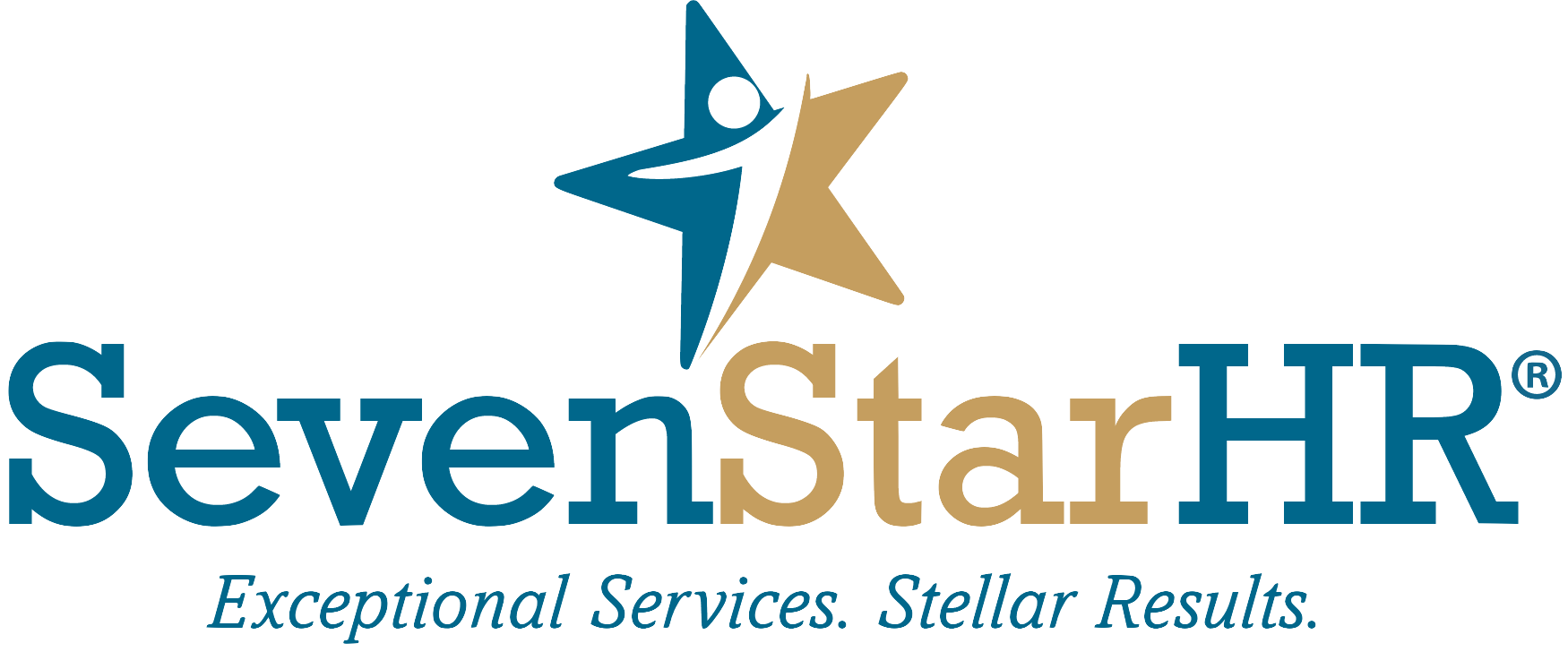NLRB Ruling Means Handbooks Need Revision
Employers, whether they have unionized employees or not, must face the consequences of another recent change in labor law. The National Labor Relations Board (NLRB) decision has made all employers, unionized or not, reevaluate workplace rules. The NLRB now judges if a rule might discourage employees from using their Section 7 rights under the National Labor Relations Act (NLRA). This means almost any neutral rule could deter employees from exercising their rights.
What does this mean? It affects most private employers since Section 7 covers all workplaces. In essence, the NLRB is reevaluating benign workplace rules like asking employees to 'work harmoniously' or 'maintain professionalism.'
So, which regulations should employers reassess? While we recommend thoroughly reviewing and scrutinizing all policies in light of this decision, certain policies stand out and should be examined and potentially revised to comply with the new standard. These regulations include but are not limited to:
Policies on Restricting Social Media Usage
Workplace Conduct and Civility Policies
Policies on Maintaining Confidentiality in Workplace Investigations (Including Sexual Harassment Investigations)
Policies Addressing Conflicts of Interest and Outside Employment
Media Contact Policies
Confidentiality and Non-Disclosure Policies
Non-Disparagement Policies
Policies on Electronic Communications and Computer Usage
Dress Codes
No Camera and No Video Policies
Loitering Policies
Open Door Policies
To ensure successful policies going forward, employers should ask themselves two things: what is the rule's legitimate interest for the company, and how narrowly tailored it is to protect that interest. Suppose an employer wants to ensure that workplace discussions remain respectful and professional.
To align with the NLRB's standards and avoid potential issues, it's best to explicitly outline what constitutes inappropriate behavior. Ambiguous terms like "professional conduct" or "appropriate discussions" may not suffice. The key lies in providing clear and specific guidelines within the workplace policies, leaving no room for interpretation.
Additionally, consistency matters. Even lawful rules, if inconsistently applied, can interfere with employee rights. Employers should train their management teams on updated policies to ensure uniform application.
Can NLRA disclaimers help? Maybe, but a general disclaimer might not cut it. The NLRB hasn't assessed disclaimers under the new standard, so specific language may be necessary.
Employers must navigate these changes, balancing current rules and future expectations. It's time to review policies and avoid becoming NLRB test cases.

